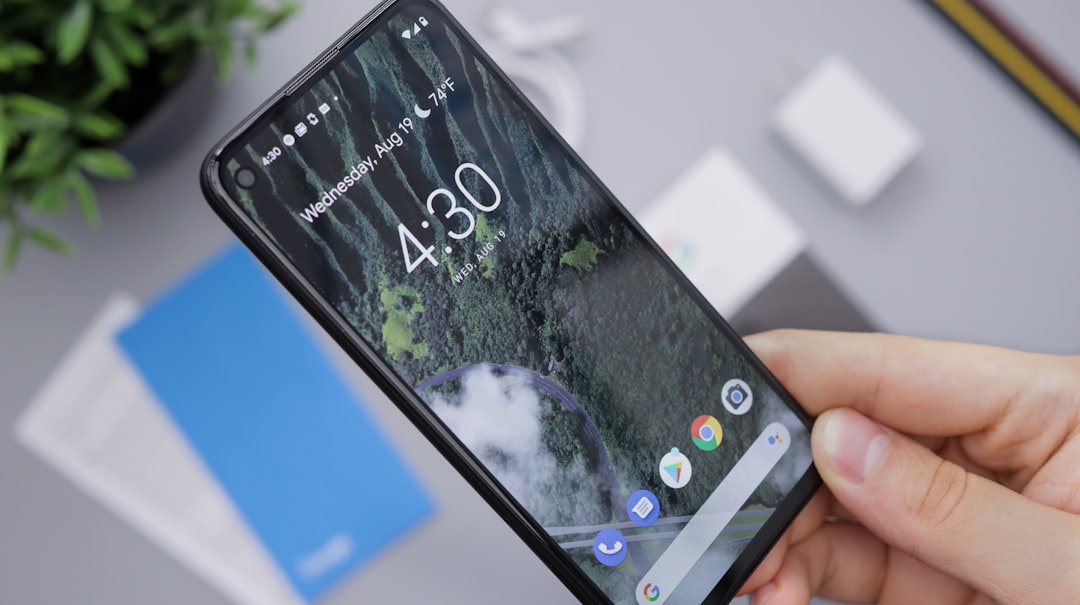New Hampshire's Do Not Call laws protect residents from intrusive telemarketing by empowering them to control their phone numbers and offering relief from nuisance calls. Specialized lawyers are crucial for businesses and individuals to navigate compliance, educate consumers about rights, and enforce the law. Advanced call blocking technology, driven by AI and machine learning, has evolved to filter spam effectively, enhancing consumer protection. Future advancements in predictive analytics and data management will further improve these technologies, benefiting both residents and businesses while emphasizing the importance of specialized legal assistance for Do Not Call Laws in New Hampshire.
“In the ever-evolving digital landscape, call blocking technology has emerged as a powerful tool for consumer protection. This article explores the future of this technology in New Hampshire, with a focus on the state’s stringent Do Not Call laws and their implications. We’ll delve into the perspective of a lawyer specializing in these laws, examining how call blocking tech is enhancing privacy rights. Additionally, we predict emerging trends and their effects on businesses and residents, highlighting the importance of staying informed about these technological advancements.”
Understanding New Hampshire's Do Not Call Laws: A Lawyer's Perspective

In New Hampshire, the Do Not Call laws are a crucial set of regulations designed to protect residents from unwanted telemarketing calls and sales pitches. These laws provide consumers with a level of control over their personal phone numbers, offering them respite from persistent and nuisance calls. From a lawyer’s perspective, understanding these regulations is essential for both businesses and individuals alike. Legal professionals specializing in New Hampshire’s Do Not Call Laws can offer guidance on how to navigate this framework effectively.
They can ensure that businesses comply with the requirements, including obtaining proper consent and honoring registration on the state’s Do Not Call list. Lawyers also play a vital role in educating consumers about their rights and the legal repercussions for violators. With the ever-evolving nature of call blocking technology, staying informed about these laws is more important than ever for those seeking to protect their privacy and peace of mind.
The Evolution of Call Blocking Technology: Enhancing Consumer Protection

Over the years, call blocking technology has evolved from a simple tool to a sophisticated defense mechanism against unwanted phone calls. Initially, consumers relied on manual blocking lists and generic call-screening apps. However, as fraudsters became more adept at masking their identities, these methods proved insufficient. Today, advanced call blocking technologies use artificial intelligence (AI) and machine learning algorithms to identify and block malicious calls with unprecedented accuracy.
This evolution has significantly enhanced consumer protection in New Hampshire, where strict Do Not Call Laws are in place. By leveraging cutting-edge technology, residents can now enjoy greater peace of mind knowing that their personal time is respected. Moreover, these innovations enable users to focus on legitimate communications while efficiently filtering out spam calls, ensuring a safer and more secure phone experience. For those seeking legal assistance regarding Do Not Call Laws in New Hampshire, consulting with an experienced lawyer can provide further guidance and protection against persistent or abusive callers.
Navigating the Future: Predicting Trends and Their Impact on Businesses and Residents in New Hampshire

As we peer into the future, several trends emerge that will shape the landscape of call blocking technology in New Hampshire. With advancements in artificial intelligence (AI) and machine learning, predictive analytics can identify and flag potentially harassing or unwanted calls with greater accuracy. This not only aids businesses in managing their call volumes more efficiently but also empowers residents to take control of their communication preferences under Do Not Call Laws in New Hampshire.
Furthermore, the integration of robust data management systems will allow for more precise blocking mechanisms. This includes understanding caller patterns, identifying repeat offenders, and adapting strategies accordingly. For instance, a lawyer specializing in Do Not Call Laws in New Hampshire might leverage these trends to develop innovative solutions that protect clients from intrusive marketing calls while ensuring compliance with state regulations.






